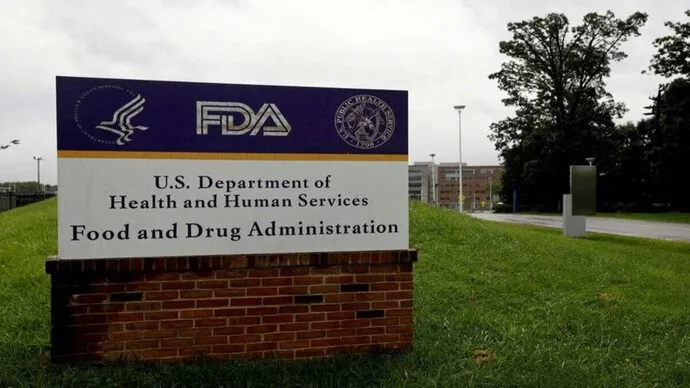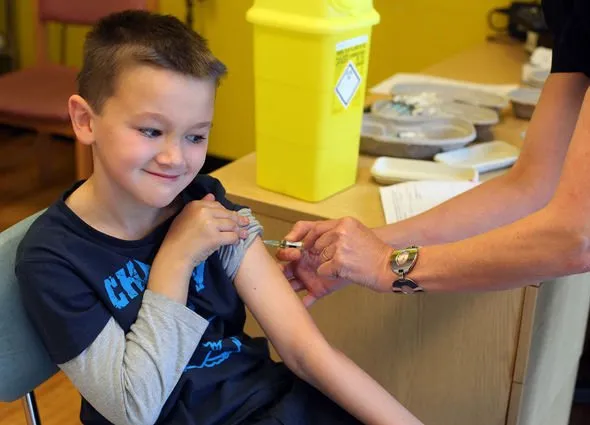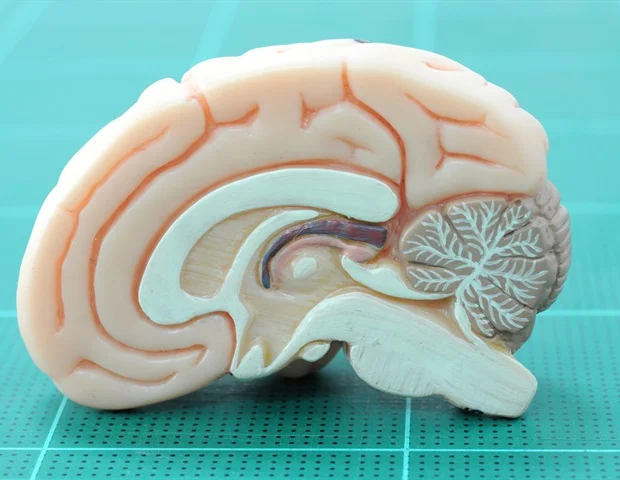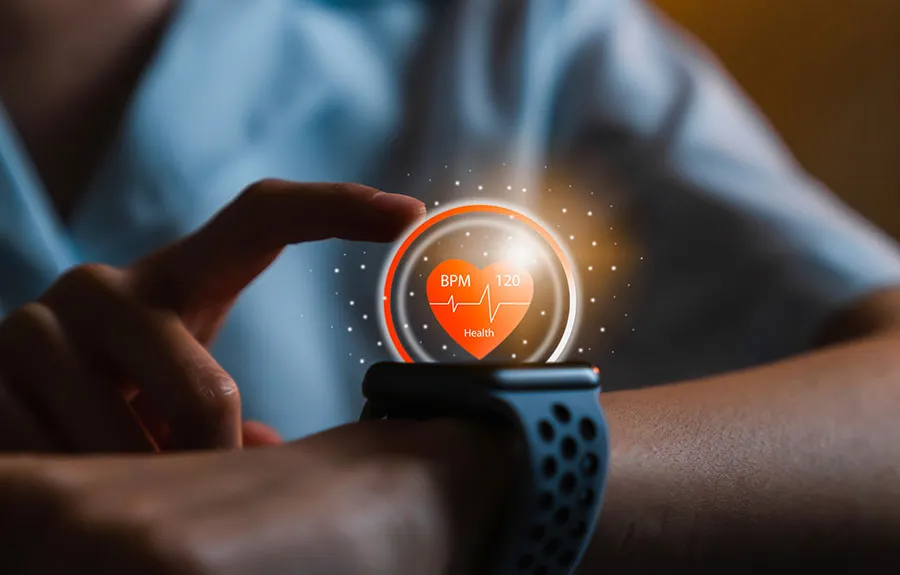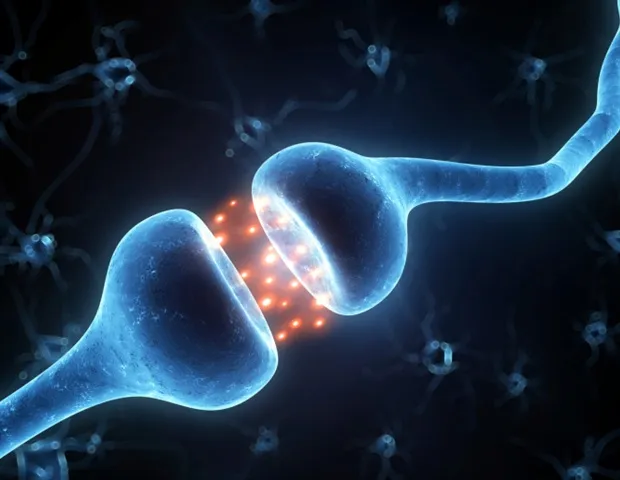Technology today has undeniably made our lives easier; however, the increasing dependence on the ‘one tap’ lifestyle has also led to several negative effects on our backs, which often tend to go unnoticed. Long working hours on computers, excessive use of smartphones, a lack of physical exercise, and a sedentary lifestyle have forced several youngsters to spend their days in pain. Ice packs, ointments, and balms seem to have become the best friends of those in their mid20s and 30s, and due to a hectic lifestyle, several millennials are accepting pain as an unavoidable part of their daily lives.
According to research by the India Council of Medical Research, titled ‘India: Health of the Nation’s States: The India State-Level Disease Burden Initiative,’ back pain is affecting an increasing number of young people between the ages of 18 to 25 years. The report highlights that in the last couple of years, the frequency of spine care visits among the younger workforce has increased from 25% to 31%, which indicates that low back pain is no longer an “old person’s ailment” and has become a serious health concern for the country’s youth.
This alarming rise in the prevalence of low back pain and spinal ailments in young adults and teenagers has emphasised the need for spreading awareness among the people.
CAUSES
- The several causes that can lead to spinal problems among youngsters include:
- Accidental falls Infection and inflammation
- Congenital disabilities
- Severe spine injuries
- Ageing-related wear and tear
- Autoimmune diseases
- Vitamin deficiencies
- Limited blood supply
- Obesity
- Sedentary lifestyle
- Inadequate calcium intake Smoking
SYMPTOMS
Symptoms of the spine problems include –
- Rounded back or shoulders
- Severe back pain
- Discomfort in the neck, arms, and legs along with numbness
- Burning sensation, sharp and stabbing pain
- Problems in the bladder and digestive system
PREVENTION
There are several easy ways through which you can take care of your spine.
These include –
- Follow a healthy sleep cycle of at least 8 hours a day to restore your spine health and avoid sleeping on your stomach, as it puts excessive pressure on your spine. Sleeping sideways can help prevent sleep apnea and can give you a better night›s sleep.
- Losing weight as being overweight or obese increases your risk of low back pain. Excessive weight can put additional stress on your lower back muscles, ligaments, and tendons.
- Take breaks while working for long hours to relieve the tension in your spine and reduce mental health.
- Drink adequate amounts of water and stay hydrated to maintain soft tissue elasticity and joint fluidity. Loss of hydration can make you more susceptible to painful disc disorders as your spinal discs begin to thin.
- Ensure that your workspace is set up appropriately to your height, whether it’s a laptop, phone, computer desk, or even your car. This can help you in reducing the stress on your lower, upper back and can minimise the incidence of conditions like stiff backs, headaches, carpal tunnel syndrome, and sciatica.
- Indulge in exercises like yoga, brisk walking, etc., as they can help you maintain a healthy spine and will revitalise and alleviate your pain. These are also good options for restoring muscle mobility and reducing back discomfort.
- Making these small changes in your daily routine can help you avoid spine ailments and ensure that you lead a healthy life.
Dr Umesh Srikantha is a Consultant of Neurosurgery at Head of Spine Services in Aster CMI Hospital, Bangalore.



